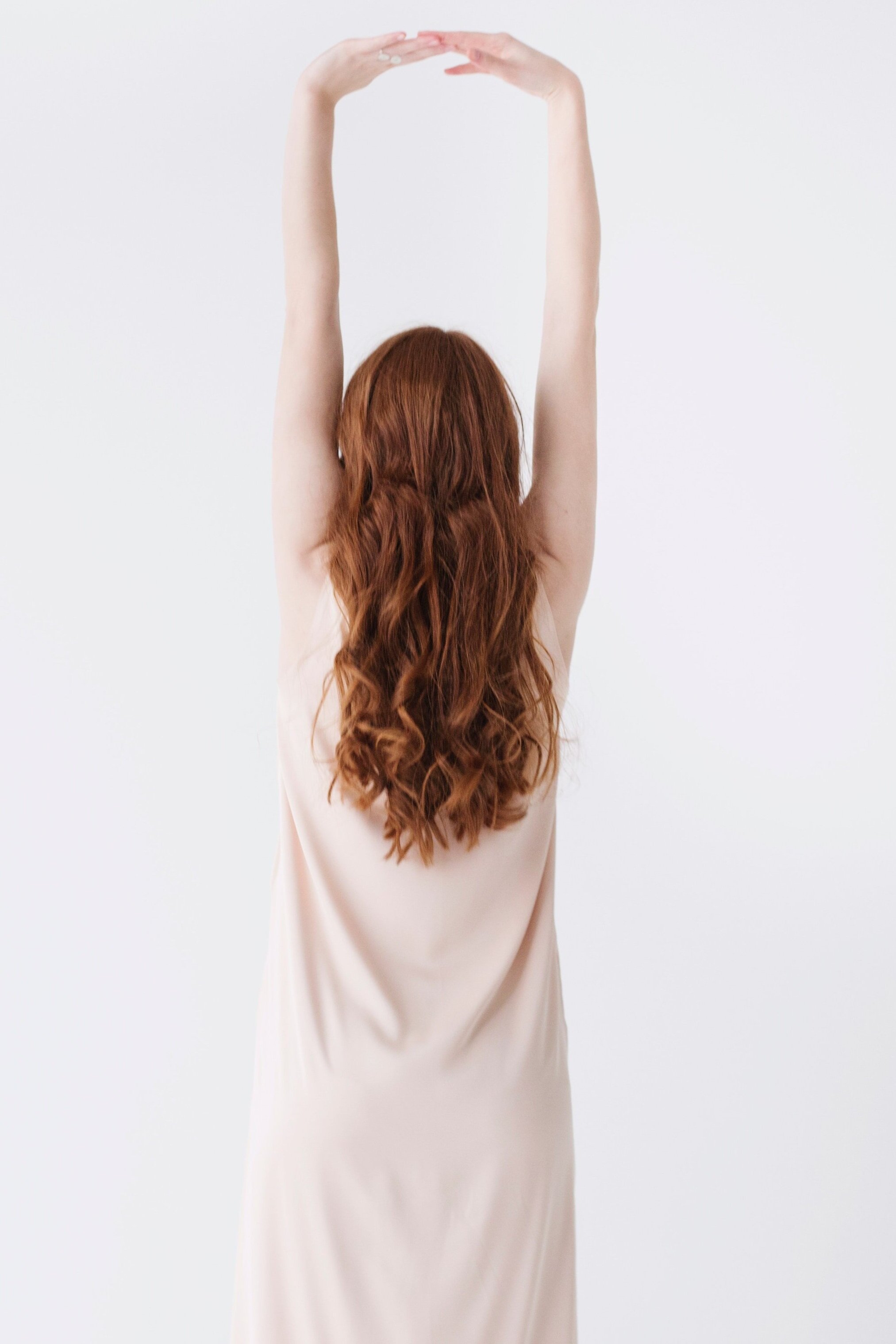Coronavirus and acupuncture: What you need to know
/You’ve no doubt heard: it seems to be a matter of when, not if, COVID-19—better known at the Coronavirus—will spread here in the United States. The breakout of the viral infection began in Wuhan, China, and has spread across the world, increasing in numbers particularly in Italy and Iran. But with the virus’s gestation period and the difficulty of properly testing and quarantining those who may have been exposed, the virus is expected to make its way around the world, and spread from there…to our shores too.
First a few important things. For now, people should practice proper hygiene, and if they think they may be sick at all—especially with any flu-like symptoms—should see a doctor immediately. Anyone who is feeling ill should not come in for acupuncture services.
Secondly, acupuncture will not cure or prevent the Coronavirus.
However, having a properly functioning immune system can only help in case of any viral infection. And if the virus does indeed spread, many people will be scrambling to try and do everything they can to boost their immune systems. At that point, however, it may be too late.
This is one of the reasons why, as we’ve described before, it’s smart to make acupuncture a consistent part of your wellness routine. Acupuncture helps regulate the body’s energy, or qi, increasing bloodflow which helps the body’s general immune system health, and ability to ultimately fight infections. Acupuncture also helps strengthen the body’s most important organs, like the liver and kidneys, which must be functioning properly in order for our immune systems to be at their best.
Having regular acupuncture sessions built into your wellness routine will help your immune system operate at its peak. This cold and flu season may almost be over, but as we know from the news, unexpected things happen all the time. It’s best to be prepared, and to keep your body prepared. Acupuncture is one of the best ways to do so.












